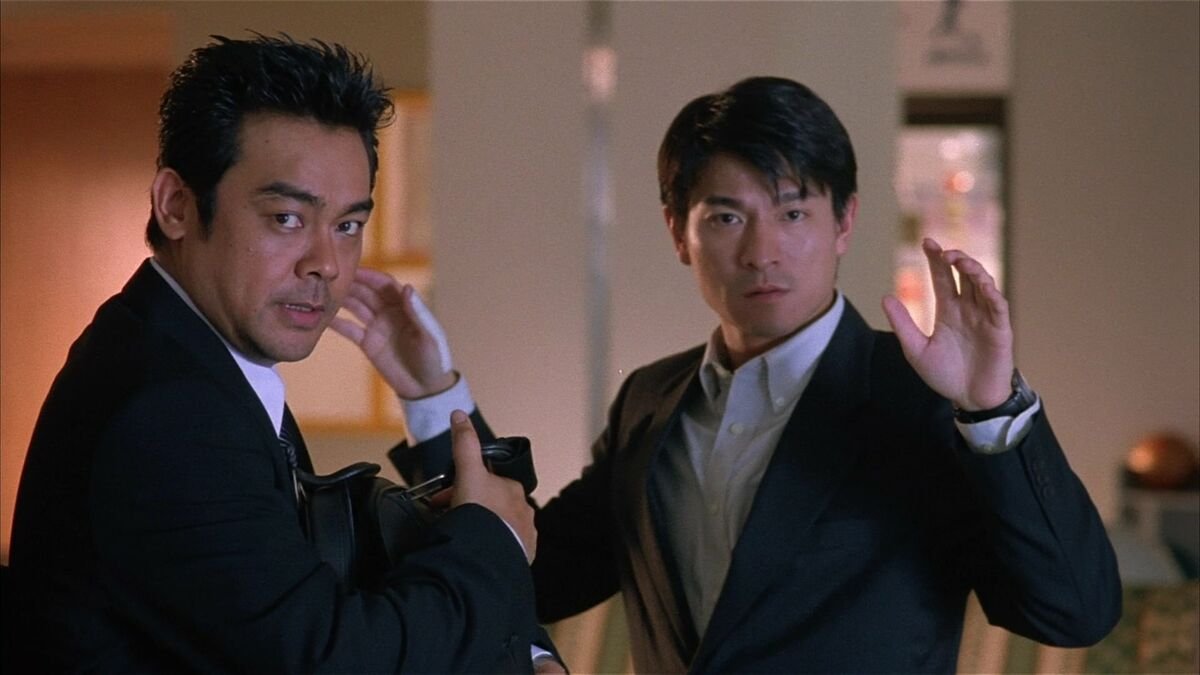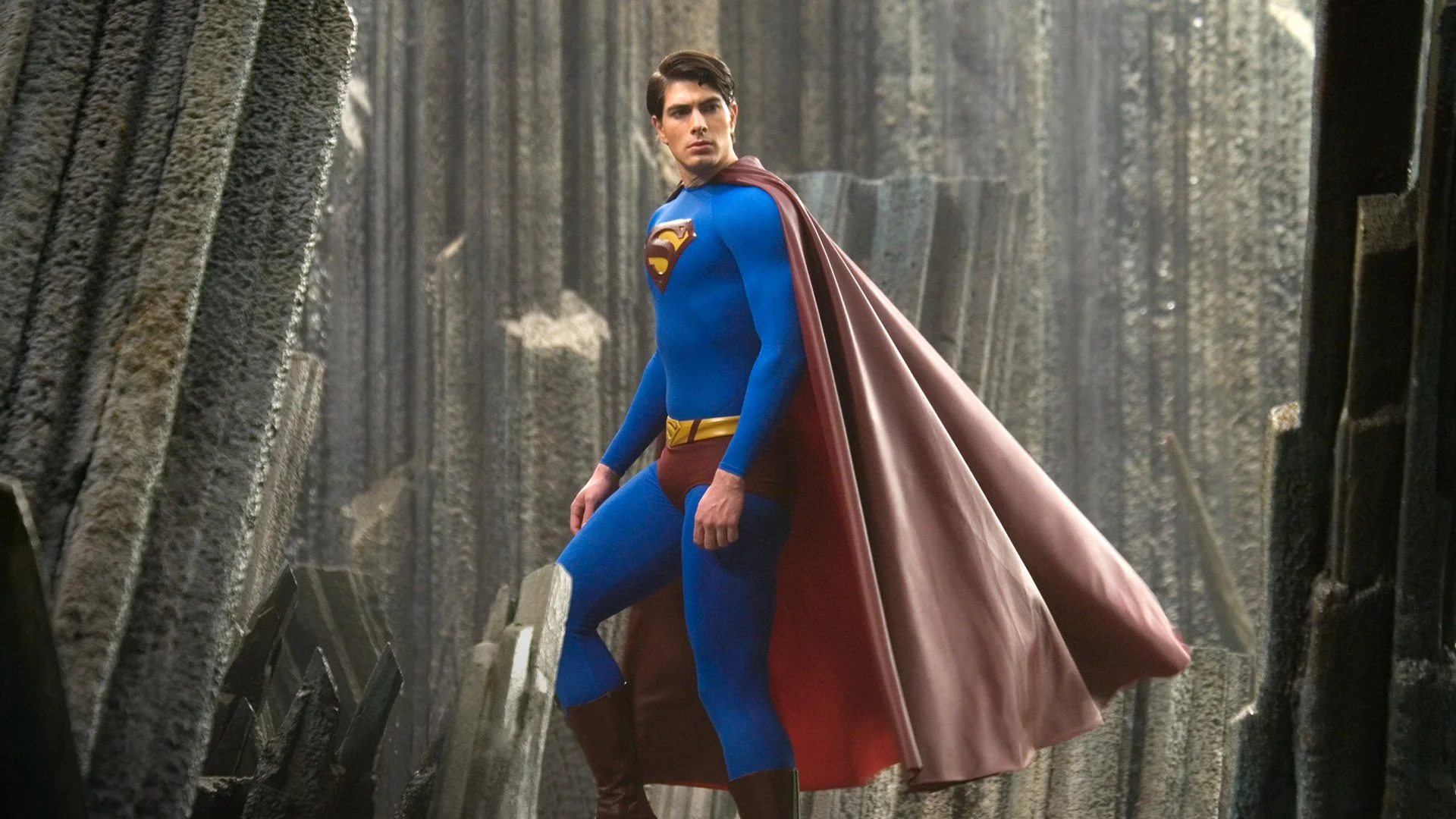Review: American Fiction (2023)
Cord Jefferson’s American Fiction starts with a provocative, hilarious scene that needles how squeamish white liberals are about racism, and only gets funnier and more provocative from there. In some ways, the film works like a cross between a Spike Lee film (think Bamboozled) and a quiet black indie drama. It savagely satirizes the contemporary American media environment, but it also works well as a textured family drama, one that doesn’t give easy answers on how to heal or live properly in our complicated world.
I don’t usually love films that blend satire with more earnest drama, but American Fiction compartmentalizes the two narratively, and then uses each element to comment on the other thematically without robbing either of its potency. It’s a delicate balance, one that clearly resonates with audiences, not only the one I saw it with who was howling at the film’s jokes, but also the Academy, which awarded the film several Oscar nods, including Best Picture.
The plot follows Thelonius “Monk” Ellison, a novelist, played by Jeffrey Wright, whose high-brow works, which avoid obvious racial themes, don’t do well financially. Fed up with the market and contemporary literary culture’s expectations of black stories, Monk writes a crass novel under a pseudonym that plays into every stereotype about inner city black life. And perhaps not shockingly, the novel becomes a hit. A massive one, which becomes something of a sensation that takes over Monk’s professional life. The lure of the money clashes with his personal and artistic ethics and Monk finds himself torn between compromised success and righteous obscurity.
Monk tries to self-sabotage, but every attempt to make the novel dumber and more obviously a farce is eaten up by the dumb white publishers, who fawn over every phrase of urban patois as some brilliant expression of black suffering. A central sequence, which is one of the funniest scenes of 2023, has Monk suggest a new name for the novel that’s obviously unpublishable. We watch Monk listen for what he thinks will be an obvious rejection over the phone—the title would be censored at every step of the publishing journey—only for the idea to be accepted. His expectation turns to disgust and then rage and only the quick thinking of his manager, Arthur (John Ortiz), stops Monk from blowing up the deal. The moment is hilarious, but also shows how expressive Wright is even if we’re only watching him listen to a phone call on screen.
The more Monk debases himself and his work, the more he’s rewarded. Therein lies the film’s central investigation of how self-expression for black authors is limited by our modern culture. Black art is only allowed to look a certain way for mass audiences, at least art that makes money. But the other half of the film, about Monk’s fractious relationship with his family, proves this isn’t entirely so, at least if the film’s success is to be believed.
Monk reconnects with his physician sister, Lisa (Tracee Ellis Ross), plastic surgeon brother, Cliff (Sterling K. Brown), and ailing mother, Agnes (Leslie Uggams), and works through some of the personal issues that make him a perpetually prickly, distancing individual. But the film doesn’t resolve the characters’ personal issues. It doesn’t solve Monk as a person. Rather, it simply watches him go on this emotional journey and make a few modest realizations along the way. It’s a rather conventional arc to a domestic drama, but it’s satisfying, especially when delivered by capable performers.
Wright is exceptional in the lead: hilariously distraught in the satirical moments, frustratingly grumpy in the personal ones. It’s always a pleasure to hear him speak, as Wright has one of the best voices in the business, and Jefferson gives him some great lines, whether clever rejoinders or the little phrases of dissatisfaction he mutters under his breath. It’s especially fun to watch Wright here as he runs the gamut from exasperation to pithy anger to sensitive tenderness. There’s a definite prestige element to this part of the storytelling and the way the role is written, but it’s not such a bad thing to give an actor like Wright a meaty role that lets him play so many different emotions.
American Fiction satirizes the publishing industry and then offers a corrective within its own narrative, proving there is a place for sensitive dramatic filmmaking about black people that isn’t overly concerned with notions of suffering or racism or poverty. Such storytelling could stand on its own, but playing alongside the satire gives it additional heft. It’s rare to have a black American film look quite like this. It’s rarer still for such a film to be riotously funny. That American Fiction is both is no small feat.
8 out of 10
American Fiction (2023, USA)
Directed by Cord Jefferson; written by Cord Jefferson, based on Erasure by Percival Everett; starring Jeffrey Wright, Tracee Ellis Ross, John Ortiz, Erika Alexander, Leslie Uggams, Adam Brody, Issa Rae, Sterling K. Brown.



Adam Curtis crafts a tremendous, hilarious, depressing examination of Britain’s decline.